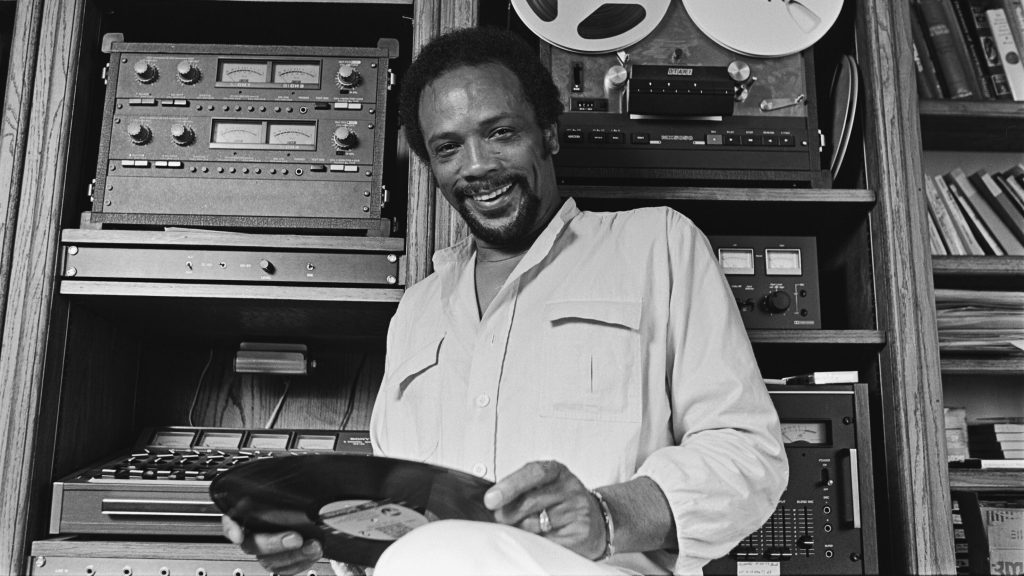Quincy Jones, the celebrated music producer whose career spanned from the 1950s to some of Michael Jackson’s most iconic albums, passed away on Sunday.
Others are reading now
Quincy Jones, the legendary producer behind Michael Jackson’s Thriller and a titan in jazz, pop, and film music, passed away on Sunday at age 91.
Jones died peacefully at his home in Bel Air, California, surrounded by family, according to a statement from his publicist.
“Tonight, with full but broken hearts, we must share the news of our father and brother Quincy Jones’ passing,” said his family in the statement, as cited by NPR Music.
“While this is an incredible loss for our family, we celebrate the great life that he lived and know there will never be another like him.”
Also read
A Career of Unmatched Influence
Jones’ influence on modern music is unmatched.
After starting his career as a jazz trumpet player, he quickly rose to become one of the most sought-after producers and arrangers of his time.
By the 1980s, he had crafted some of the music industry’s most iconic moments, co-producing Michael Jackson’s albums Off the Wall, Bad, and 1982’s Thriller, which remains the best-selling album in history.
He was also instrumental in the creation of the 1985 charity anthem “We Are the World,” bringing together dozens of artists to raise millions for African famine relief.
Jones’ prolific achievements include 80 Grammy nominations and 28 wins, a total surpassed only by Beyoncé and conductor Georg Solti.
His genre-spanning work extended beyond pop; he was also a noted jazz composer and arranger, a film composer nominated seven times for an Academy Award, and an influential television producer.
From Jazz Prodigy to Cultural Luminary
Born in 1933, Quincy Delight Jones first gained recognition as a jazz trumpet player in Lionel Hampton’s band at age 19.
He soon made waves in jazz circles, performing alongside legends like Ray Charles and Frank Sinatra.
Throughout the 1960s, Jones made his mark in film composition, and by the 1970s, he was expanding his influence as a record producer and label executive.
The 1980s solidified his status as a household name.
With The Color Purple, Jones made his debut in film production, helping bring Oprah Winfrey and Whoopi Goldberg to the big screen. His 1989 album, Back on the Block, showcased his versatility and won the Grammy for Album of the Year in 1991.
Beyond Music
In the 1990s, Jones moved into television production, overseeing shows like The Fresh Prince of Bel-Air and MADtv, which both became cultural touchstones.
His 2001 memoir, Q: The Autobiography of Quincy Jones, revealed his struggles with mental health, his complicated childhood, and his deep commitment to philanthropy.
Jones used his influence to support causes in music preservation, youth aid, and arts education, always committed to sharing his success for social good.
A Legacy That Lives On
Jones’ personal life, much like his career, was vibrant and complex.
He had seven children, including actresses Kidada and Rashida Jones and model Kenya Kinski-Jones.
His family, close friends, and countless fans around the world mourn the loss of a singular voice in music and culture.


